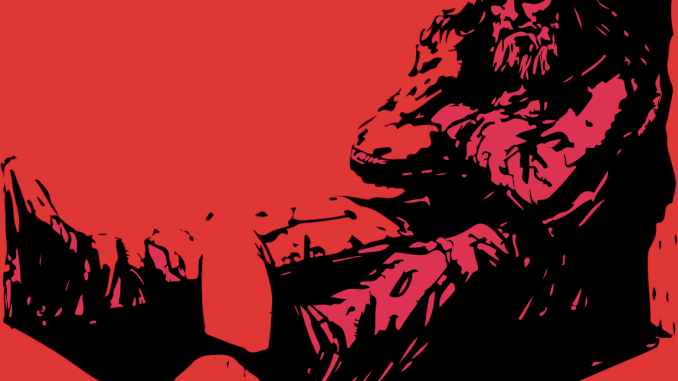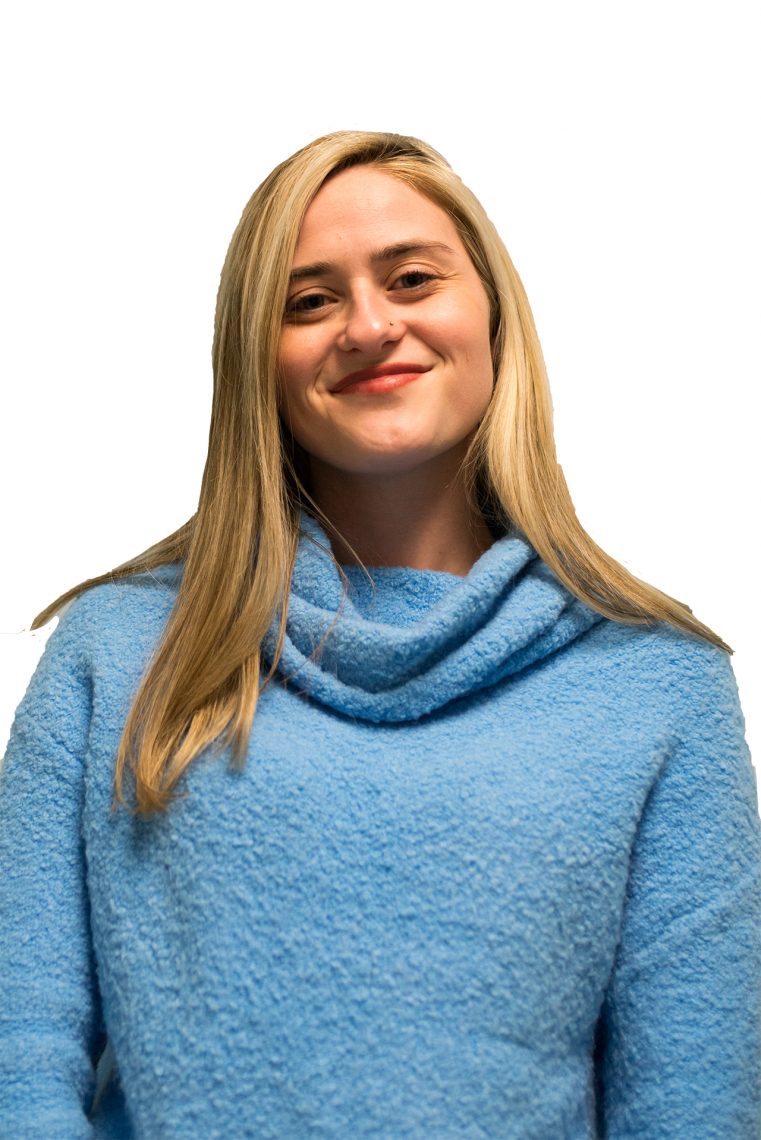

Being a strongly empathetic person can lead to both wonderful and heart-wrenching moments. It’s a blessing and a curse to feel things so deeply.
Going to school in this urban environment, my heart breaks whenever I see people who are experiencing homelessness asking for money and being ignored by virtually all passersby. And the cash I hand someone isn’t going to sustain them for long.
If you’ve ever felt this way, you’ll be glad to know there is something you can do to benefit the homeless community of North Philadelphia on a grander scale. A magazine called One Step Away directly benefits those around us who are experiencing poverty. By supporting One Step Away, you’re giving a voice to neighbors who are trying to break out of poverty.
Salespeople often sell the monthly issue of the magazine on Main Campus, usually near the Bell Tower, or elsewhere in Philadelphia like 17th Street near Benjamin Franklin Parkway, Broad Street near Chestnut and 10th Street near South. You can also support them by purchasing a beanie, tote or t-shirt on their website.
Street vendors facing economic hardship invest $1.50 for each magazine, sell them on the street for $5 and keep the difference.
And aside from helping people monetarily, One Step Away takes it a step further by focusing its content on social justice.
You’re also keeping print journalism alive and reading impressive articles and poetry. The magazine covers a wide range of topics like mental health, immigration, food insecurity and substance use disorders.
Liz Olson, a senior political science major, has been buying One Step Away since high school, and she loves “the diverse voices and stories within in and the support it provides to its vendors.”
Nearly 400,000 Philadelphia residents currently live below the poverty line, WHYY reported. In January 2018, 1,083 people are homeless.
Walking to and from the Temple University Regional Rail station, I met someone who is currently without a home, and I often give him money and sit down to talk. Most days, I’m the first person to donate or even acknowledge his presence.
He used to hold a sign that read, “I’m homeless, which means I’m invisible.”
I couldn’t agree more with that sentence. People walk right by people experiencing poverty. But I’m hoping more people break that habit when they see this magazine they can enjoy for a small donation.
That $5 bill might not be a huge investment for you, but to someone without a home or a steady income, it can make a huge difference.
And people who work hard to produce the publication and stand outside selling it deserve to make their profit. Isn’t that how work, works?



Be the first to comment